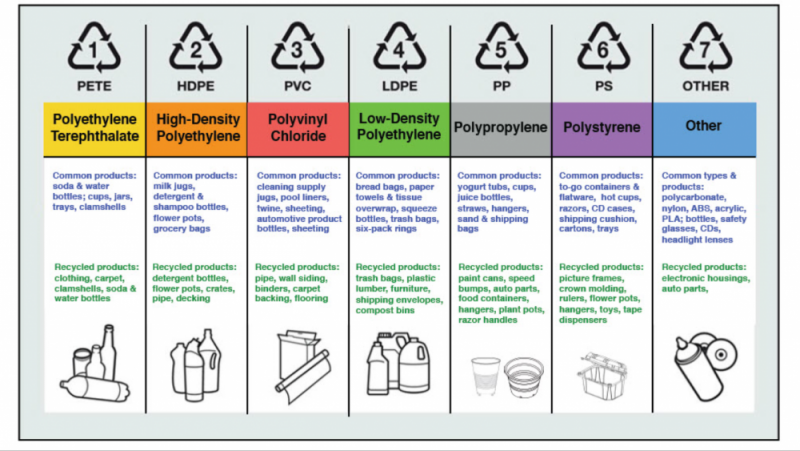jrsavoie
Recruit
I am surprised gasification never took off.
Did obummer squash it?
was there some issue I never heard about?
Is it possible to do it at home?
Did obummer squash it?
was there some issue I never heard about?
Is it possible to do it at home?

